The Way We Live Is the Way We Educate
“Education is a conversation between the generations.” So said Mr. Petre. This wild and passionate teacher had returned to deliver a graduation speech. I knew that as an eighth-grade teacher he had fanned back into flame my love of learning. I didn’t know why he talked about education as a conversation between the generations.
I got Mr. Petre to sign my folder from his class. It held a collection of maps I had copied by hand from our textbook. It also held the legendary history “walk-thru.” Our energetic teacher had conceived this 20-minute chant, which outlined our American history course. I was the first student to perform it in front of class. When we gave it in the spring program, my demonstrative hand struck a classmate’s head covering.
Why did I not understand this teacher’s claim that education is a conversation between the generations? Clearly, he did something right as a teacher, given his role in reigniting my loving to know. Perhaps my view of education didn’t have room for this statement. I saw education as academics, and to my young mind, academics was a fixed set of things that students learned. Teachers might help students learn, but education was not about conversations with them. It was about mastering this thing called academics that was laid out for us in books, schedules, syllabi, and tests. I had a simplistic view of study and knowledge.
I was, and still am, skeptical of any proposals to make school about mentoring and life skills and character development at the expense of study. I didn’t come to school for sermons, or moralized conversation, or edifying examples from my teachers. I came for the “hard facts” of history, science, and mathematics. Nineteen years later, I still cringe when teachers downplay academics and talk about shaping young lives through influence and mentoring. But this does not change the reality that one generation shapes the education of the next. Inevitably, a generation of adults maps the curriculum for an oncoming generation; they determine what is in those books, schedules, and syllabi that students think of as “school” or “academics.” They decide what stories are told, what science is explored, what parts of mathematics are demonstrated.
Inviting the young into the conversation between the generations forms the task of the educating generation. I say “inviting the young into the conversation” because it is not primarily a conversation between us and them. The conversation spans hundreds of generations. How well we do at inviting the young to that conversation largely depends on how well we ourselves live in conversation with the generations.
First, consider a few examples of how education is affected when we do poorly with the conversation between the generations.
- If we would rather forget the 20th century than reflect on its lessons, we will not be inclined to offer rich historical study of its atrocities, achievements, and cultural unfoldings.
- If we are interested in church history only to identify a set of heroes and villains we can map onto our contemporary church wars, our church history courses will be similarly impoverished.
- If we value reading only because it lets us navigate the menu at McDonalds and product listings on Amazon, we will be less inclined to study works of literature.
- If our only question about math or science is “will I need it,” we will scarcely introduce our students to the joy and beauty of math and science.
On the other hand, when we appreciate the conversation between the generations, we are motivated to invite the young into that conversation. The various disciplines which we might call “academics” constitute part of that conversation.
History is the tale of generations trying to understand what came before, and to make sense of their present situation. History recounts the thoughts, technologies, and cultures we so appreciate. At the same time, history shadows optimism with the roots of the evils we deplore and the record of brutalities we scarcely can fathom. To raise children in America without teaching them of the holocaust, the Soviet atrocities, the Cherokee removal, and American slavery would be criminal. To raise them with no knowledge of those who sheltered Jews, of Europeans like William Penn who tried to deal justly with the first peoples of this land, or of the monuments of faith, hope, and courage in African American spirituality would also be criminal.
Mathematics and physics did not emerge in our era. Consider how generations have labored to bring forth the simple expressions and clean notation that allow present-day teenagers to leave high school fluent in algebra. If they are fortunate and diligent, highschoolers gain the achievements of Isaac Newton as their native language, and the delights of Albert Einstein’s insights intrude into their speech.
Similar points could be made for painting, literature, theology, engineering, and all the disciplines. Even biology and nature study become part of the conversation between the generations.
As nature study poignantly illustrates, living well with the conversation between the generations requires more than listening to their words. We don’t just read what past generations said about nature. We don’t just learn technical terms like “stamen” or “taproot” or “deciduous” which someone before us invented to describe plants. We ourselves must engage with the natural world. We smell the flowers, note the changing leaves in the changing seasons, watch the bees, and sketch the trees. We give our own attention to those same real things to which naturalists before us gave their attention. Participating in the conversation between the generations is not just studying the work of previous generations; it is living in the presence of the same realities that they experienced—whether that reality is fir trees, fire, fine arts, physics, or the fire of the Spirit.
We as adults have an educational responsibility to those coming after us. This is not a responsibility to be the primary source of their opinions, but rather to help them know reality. And for them to rightly know reality, they need both firsthand experience and engagement with the conversation that spans hundreds of generations. Little ones need space to climb trees, catch bugs, stack blocks, and relate with other children. They also need stories and books and songs. They need to be introduced to the Holy Scriptures. While little ones need direct instruction from their parents and other adults in their lives, those directives come within the rich experience they are developing of the world. As children grow up and become adults, their scope of experience becomes ever larger. The scope of the conversation between the generations also grows as they learn to appreciate the work and thought of people across the centuries and around the globe.
The way we live is the way we educate. Our own attentive openness to the world around us and the generations before us is what prepares us to educate. If we are not attentive, humble, and learning, we are left either neglecting education or simply trying to pass on what we think we know. On the other hand, if we stand in curiosity and attention toward the world and acknowledge our debts to other people, we are in a position to invite the young to the joy of knowing. We let them learn from the masters. We encourage their explorations. We read them words written by other people—some from long ago, some from the present. We teach them to read. We put before them the best books, the best art, and the best examples of living that we are able to discern.
Ultimately this principle of education brings great hope. While we must work hard as educators, and while we must model the way of living we want our children to adopt, children are not held hostage to the limits of our own knowledge. We give them range to deal with the world and to enter into the conversation with generations past and into the breadth of the conversation among our own generation. If we have prepared them for this, they can transcend our own limited horizons. And in the midst of all these things, the Creator speaks.
Acknowledgements
While these reflections and their errors are my own, they are most heavily indebted to many people. I thank my parents who showed me how to live with birds and triangles, a host of teachers and writers, and, most recently, the many participants in the conversation around Charlotte Mason’s philosophy and pedagogy.
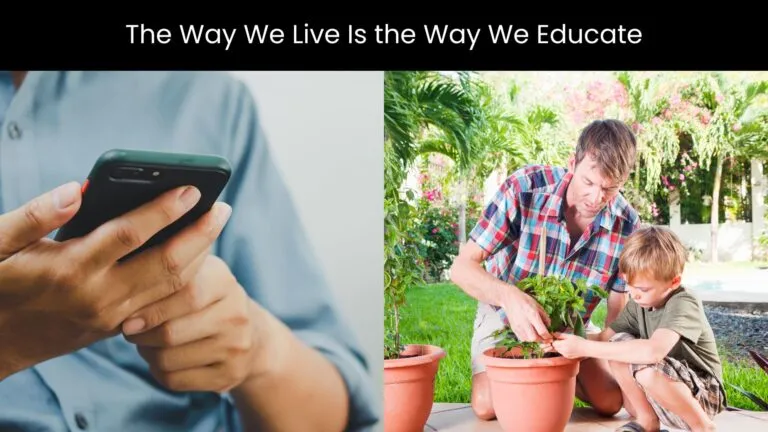
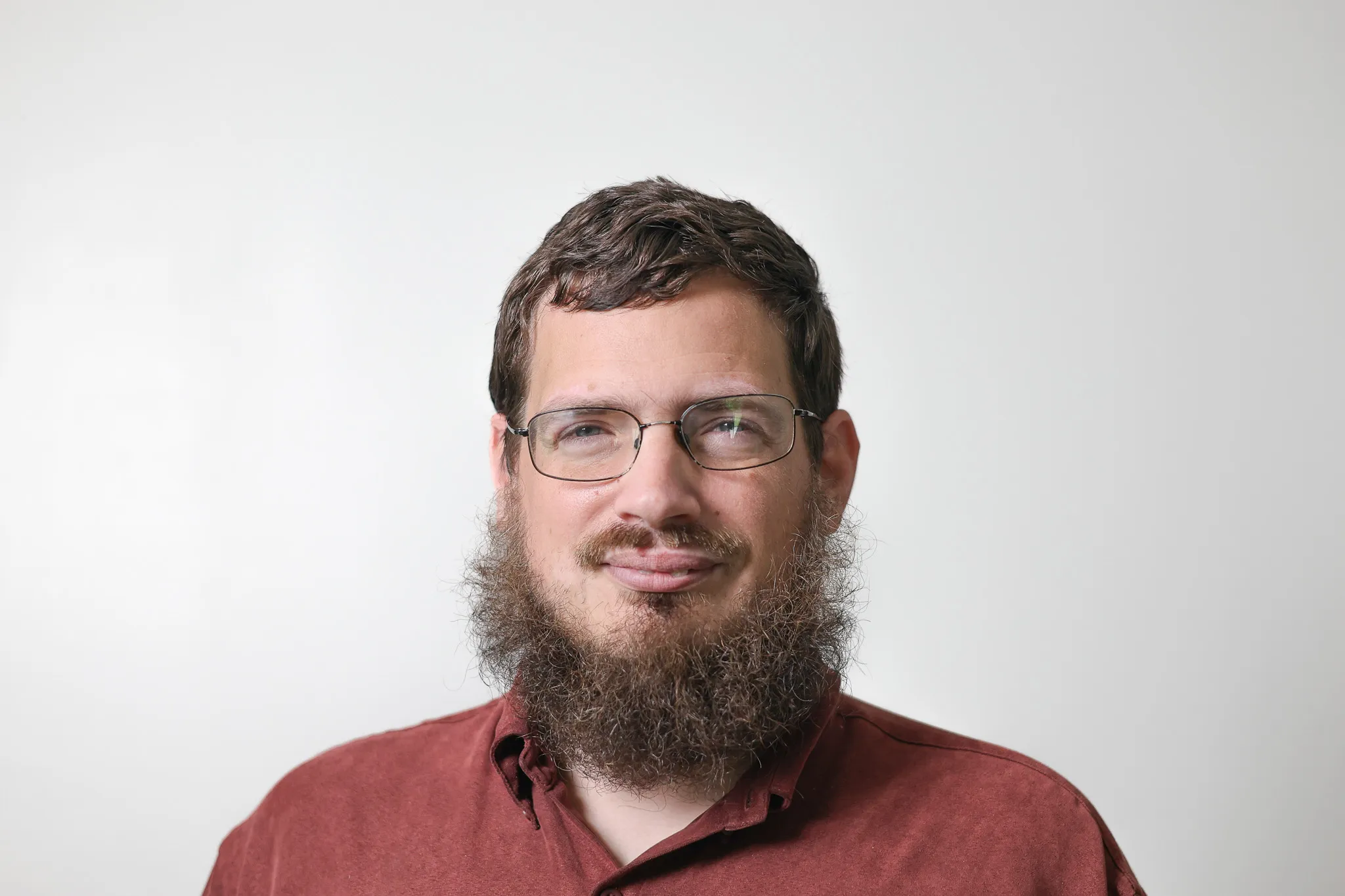
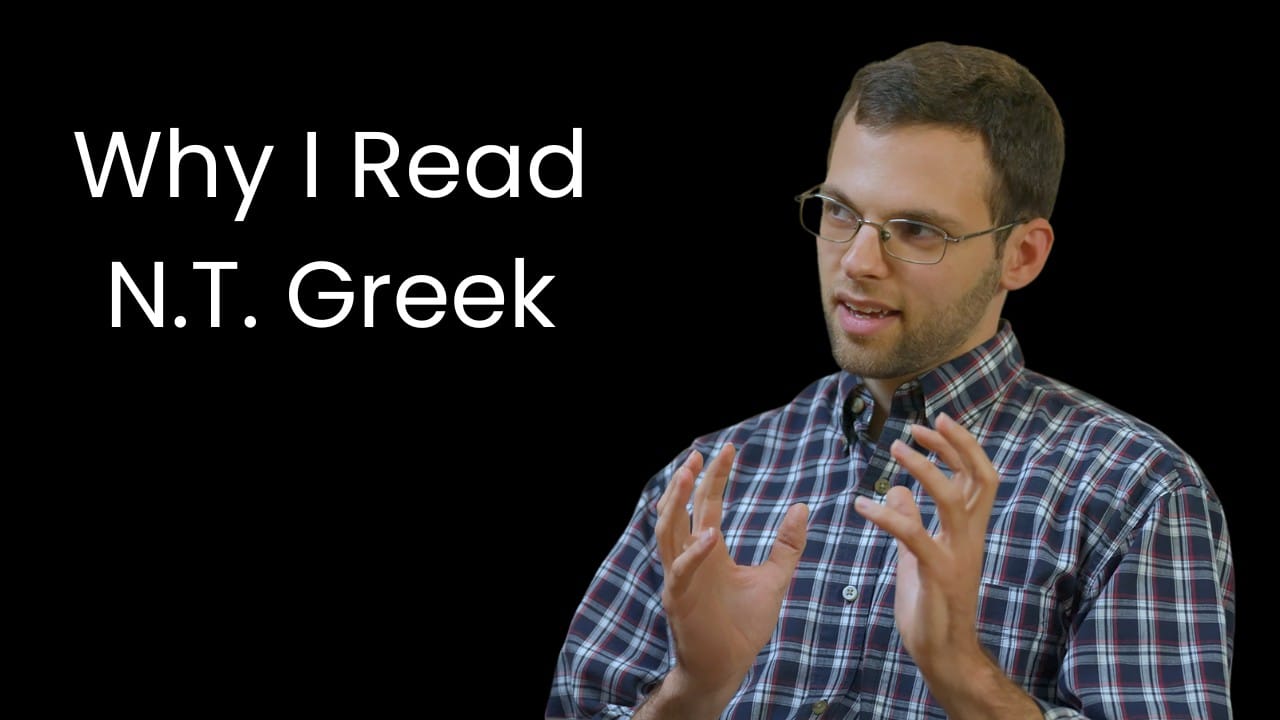
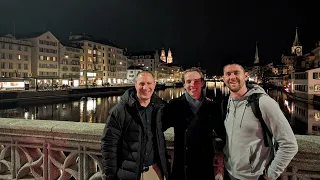
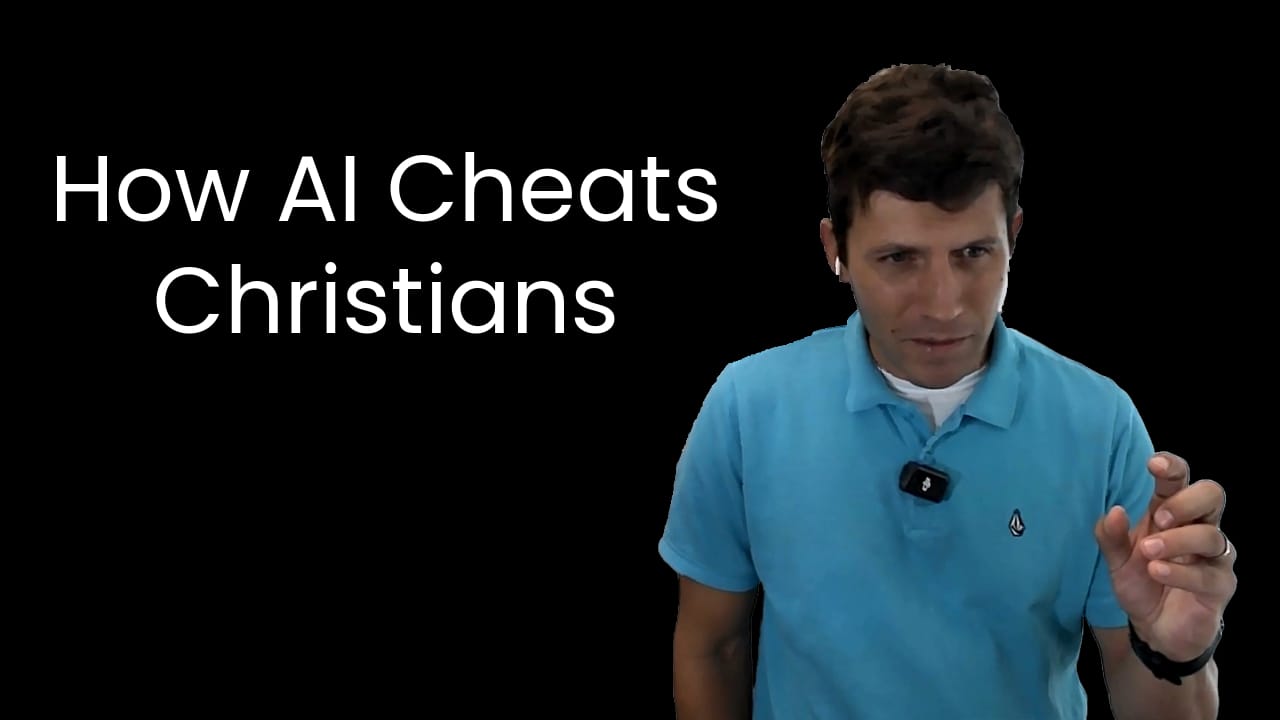
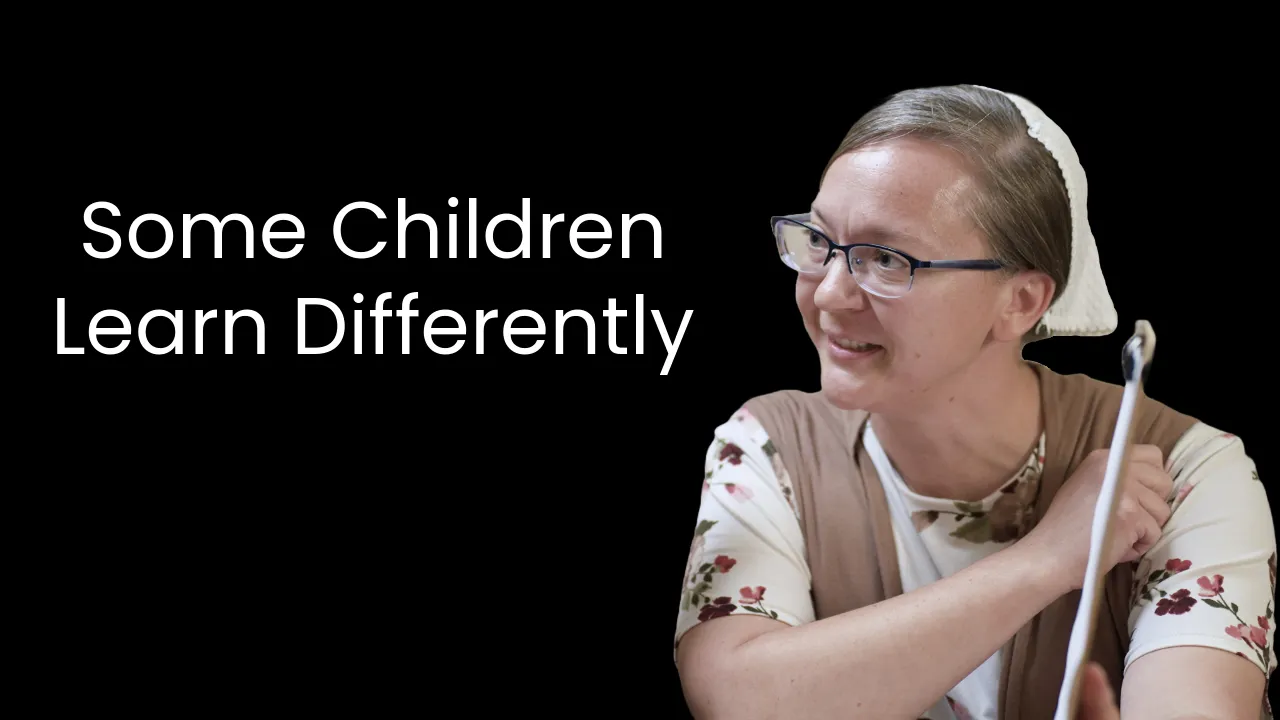

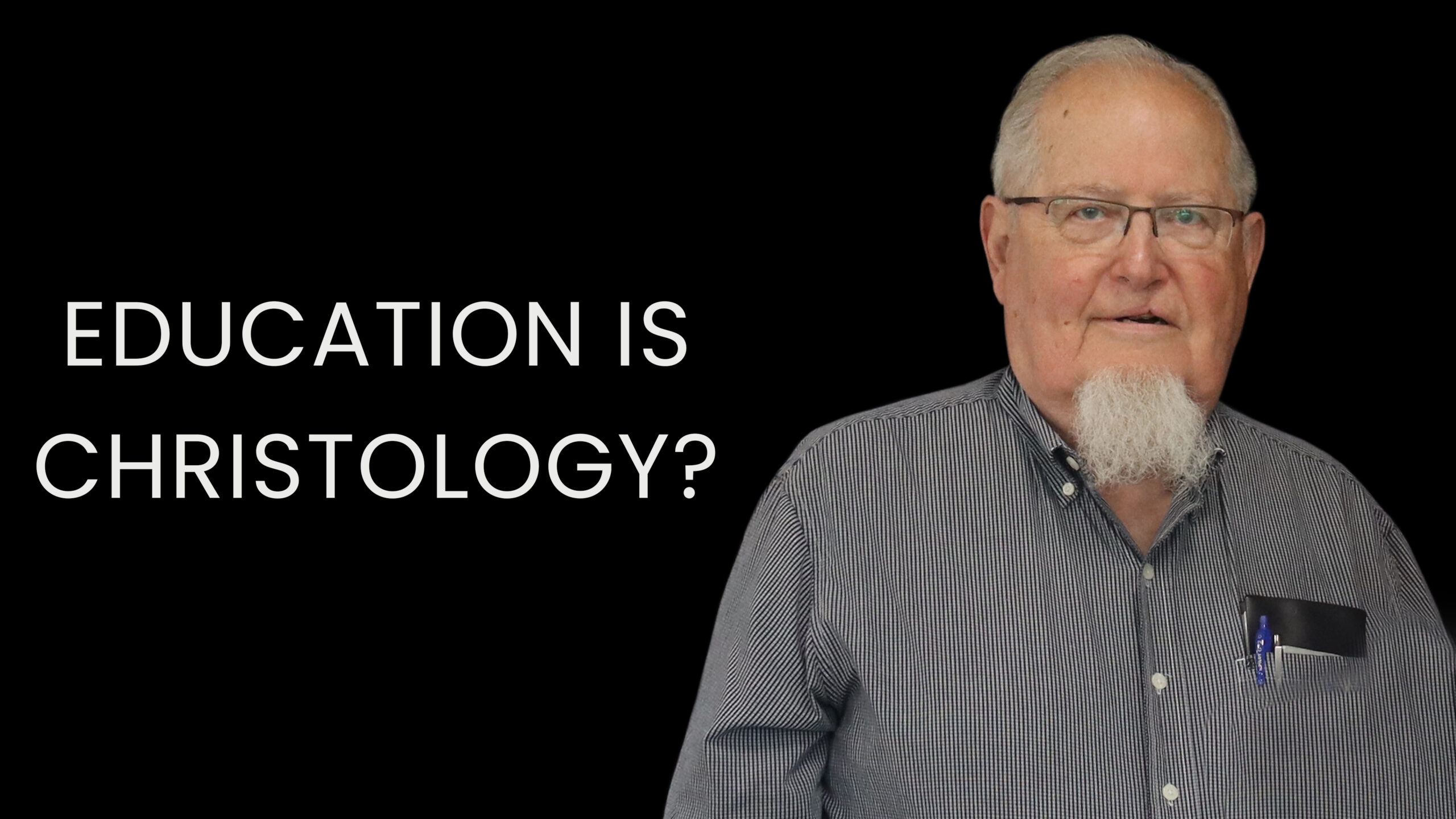
Leave a Reply